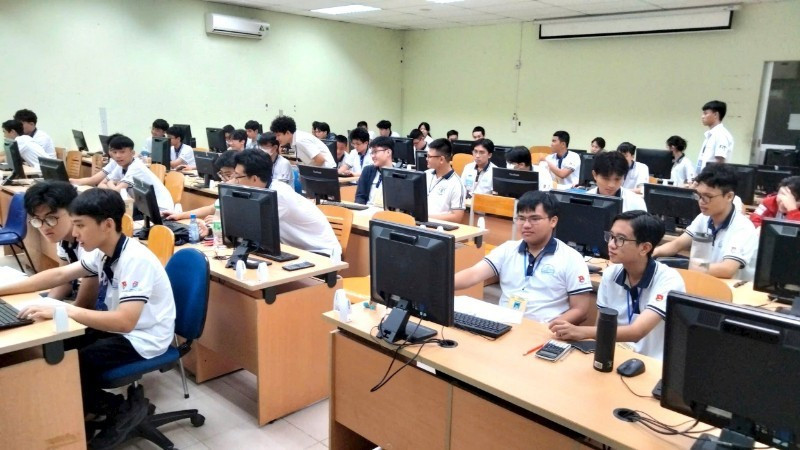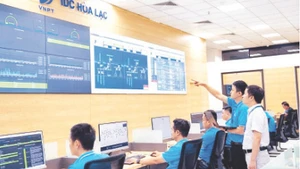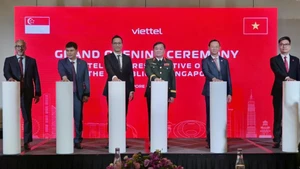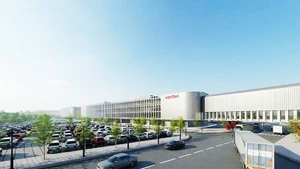Developing the digital economy is a strategic imperative for Ho Chi Minh City, with digital transformation identified as a key pillar in the city’s socio-economic development strategy.
The city has set out clear targets: by 2030, the digital economy is to account for at least 40% of its Gross Regional Domestic Product (GRDP), rising to 50% by 2045. The goal is to become a leading innovation hub in Southeast Asia, underpinned by tailored policies in institutional reform, infrastructure development, and human resource training.
Post-merger, and with ambitions to become a world-class urban centre, Ho Chi Minh City envisions itself as a regional multi-sectoral digital economy hub within ASEAN, structured around four strategic priorities.
First, the city aims to become the region’s financial technology (Fintech) hub, developing cutting-edge digital financial services such as digital banking, e-wallets, and blockchain applications. It also seeks to pioneer regulatory sandboxes to foster innovation in the financial sector.
Second, Ho Chi Minh City is positioning itself as a centre for start-ups and innovation, focusing on high-tech sectors including artificial intelligence (AI), biotechnology, environmental technology, and green business models aligned with sustainable development trends.
Third, the city plans to become a regional hub for digital logistics by comprehensively digitising supply chains and integrating ports, airports, and industrial zones through smart technologies, big data, and AI to optimise logistics operations.
Fourth, it holds the potential to emerge as the region’s data and AI centre, developing large-scale data centres and attracting international technology firms to establish research and development (R&D) offices.
This positioning not only strengthens the city’s global competitiveness but also lays a solid foundation for its digital economy and innovation ecosystem. To realise this vision, the city must adopt a comprehensive and coordinated strategic approach.
A key priority is the rapid and large-scale upgrading of digital infrastructure. The widespread rollout of 5G, the development of IoT sensor networks, and the expansion of fibre-optic cables and internationally standardised data centres are essential to creating a conducive environment for digital enterprises.
Smart urban management models using real-time data and AI analysis to regulate traffic, the environment, and energy systems will enhance urban efficiency and support the development of new digital applications.
In parallel, the city must invest in developing a robust digital workforce, with a long-term strategy to provide basic digital literacy to the entire labour force through short-term training programmes, public awareness campaigns, and lifelong learning initiatives.
Digital talent development and incubation centres should be closely linked with the business ecosystem to ensure agility and responsiveness to market demands.
Lastly, Ho Chi Minh City must build a thriving innovation and start-up ecosystem as a cornerstone of its digital economy strategy. This includes proactively strengthening regional connectivity to develop integrated digital infrastructure, smart logistics, and a unified, highly competitive digital market.
















